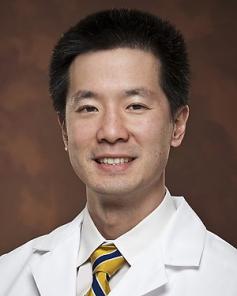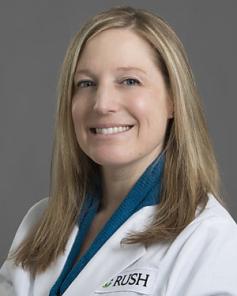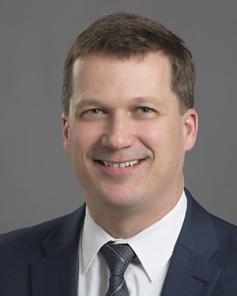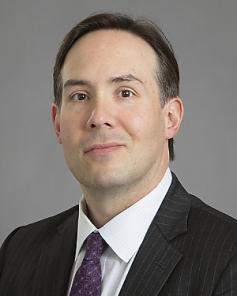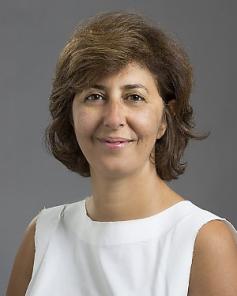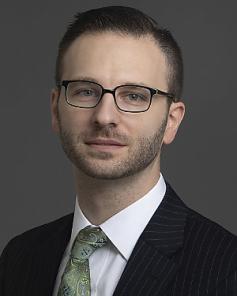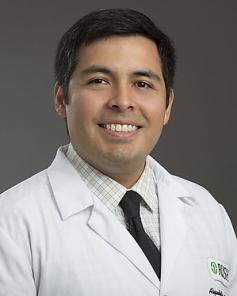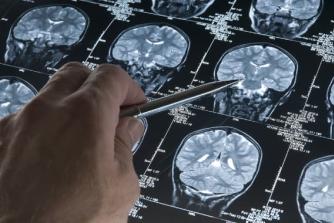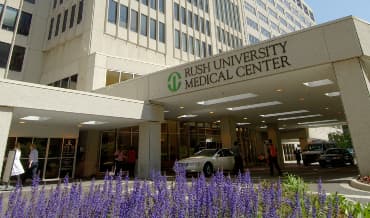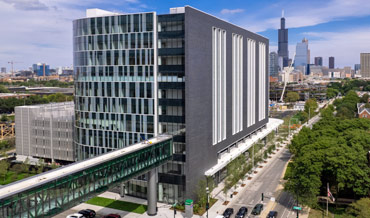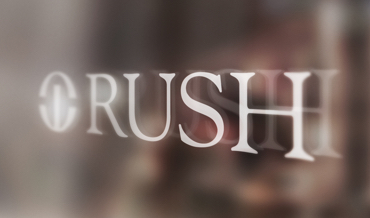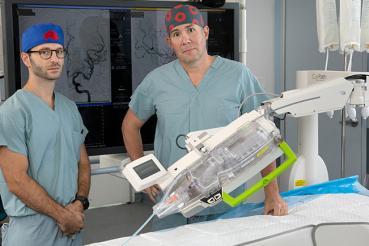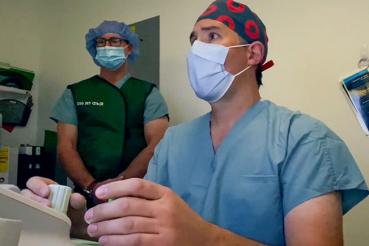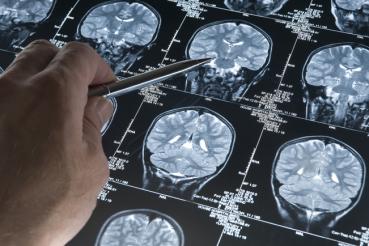Conditions and Treatments
- Arteriovenous malformations: An arteriovenous malformation (AVM) is a tangle of blood vessels that have developed abnormally. An AVM can cause blood vessels in the vein to weaken and burst, which can result in a hemorrhagic, or bleeding, stroke. AVMs can also cause headaches, seizures and other problems.
- Carotid artery disease: Carotid artery disease is a stiffening and narrowing of the blood vessels in the neck due to a cholesterol buildup called plaque. It can cause a stroke by limiting or blocking blood flow to your brain.
- Intracranial atherosclerosis: Intracranial atherosclerosis is a buildup of plaque in the arteries of the brain. It limits blood flow to your brain and increases your risk of stroke.
- Moyamoya disease: Moyamoya disease is a rare disorder that causes blockage or narrowing of arteries in the brain. It’s a progressive condition, meaning that it gets worse over time if not treated.
We offer the following techniques and treatments:
- Carotid angioplasty and stenting: Carotid angioplasty and stenting are minimally invasive procedures to clear blockages from your carotid artery and place a small mesh tube, or stent, in the artery to hold it open and prevent further blockage. It’s performed through a thin plastic tube (catheter) that’s threaded into a small incision in your wrist or groin.
- Carotid endarterectomy: Carotid endarterectomy is a surgical procedure to remove plaque that has built up in the arteries in your neck.
- Medical therapies: Medications that can be used to lower the risk of stroke include antithrombotic agents, which limit the chances of developing blood clots, and statins, which help to reduce levels of cholesterol that can block blood vessels.
- Revascularization of the blood supply: Revascularization is a kind of bypass surgery to route blood flow around blocked blood vessels that supply the brain. It can involve a procedure to connect two blood vessels directly or connect them using a section of blood vessel taken from your arm or leg. It might also involve redirecting a healthy artery from your scalp or face to provide blood to your brain.
- Risk factor modifications: Managing your blood pressure, blood sugar, weight and other factors can cut risk of stroke significantly. Your providers and the team at the Rush Stroke Prevention Clinic can work with you to make lifestyle changes that decrease your risk.
- Stereotactic microsurgery for arteriovenous malformations: Stereotactic surgery uses computer imaging to guide your cerebrovascular surgeon to the exact location of your arteriovenous malformation (AVM). They then use a state-of-the-art operating microscope and tiny surgical instruments to seal off and remove the AVM.
- Thrombectomy: Thrombectomy is a minimally invasive procedure to remove blood clots. It’s performed through a small incision in your wrist or thigh. Guided by a special X-ray machine, your surgeon threads a thin plastic tube, or catheter, into the incision and up to the clot. They use a tiny instrument to grab or suck out the clot.



